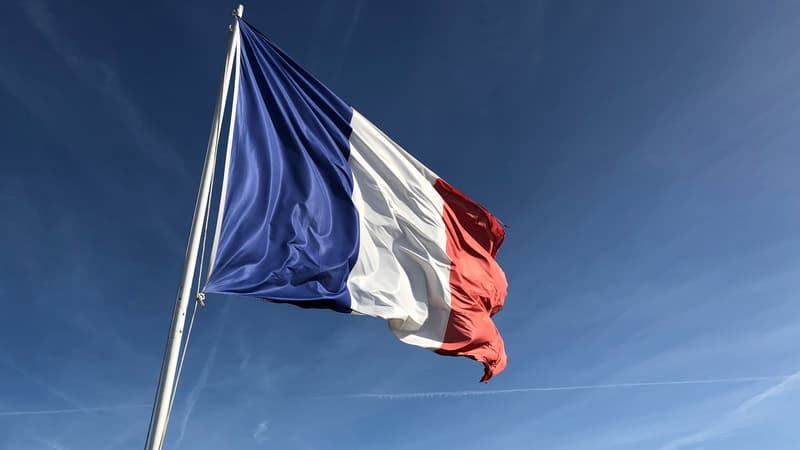France is still beaten in the fingers. A week after the sanction pronounced by Fitch, the Morningstar Dbrs qualification agency, considered the largest fourth, in turn lowered the sovereign note of the country to AA on Friday night due to a “budget sanitation” trajectory slower than expected, but accompanied by a “stable” perspective, according to a press release.
After having degraded the perspective of the sovereign note 6 months ago, DBRS explains that the decrease in AA+ AA reflects “the challenges raised by political fragmentation” and the “government instability” increased from the legislative elections of July 2024 with a Parliament without a majority. According to the agency, this absence of “political consensus” obstructs the government’s ability to take decisive budgetary measures. “
If you do not enjoy the same notoriety as the three main qualification agencies (S&P, Moody’s and Fitch), Morningstar Dbrs prepares a similar observation of the situation of France, namely that there are “high risks” that France does not reach its budgetary objectives in the coming years, remembering that the country’s public deficiency was the most important in the euro zone in 2024, 5.8% of GDP. It should remain in 2025, and “the necessary budget adjustments in the 2026 budget to achieve the deficit target of 4.6% of GDP (…) are significant,” says the agency.
A more favorable budget trajectory in Italy
This second degradation in a week of the French note contrasts with the latest decisions of the agencies related to our neighbors in the south. In fact, at the time Fitch withdrew his “double A” from France, Spain was rewarded by S&P (note from A A+) and Portugal by Fitch (observed note from A- A A). The latter also congratulated Italy, considered for a long time the sick man of Europe, by straightening his notice of a notch on Friday, from BBB to BBB+ “to reflect greater confidence in the budget trajectory” of the country.
The financial evaluation agency also puts the credit of Italy “a stable political environment”: “This contrasts strongly with the recent past, where the country has suffered reversions and political instability, which has led it to lack objectives” in public finance matters.
But the ultra conservative government of Giorgia Meloni has carried out a budget rigor policy in the last two years. The country, for a long time tried to spend too much, divided its public deficit by two in just one year, appears in 3.4% of GDP in 2024. 135% of GDP, its debt remains significantly greater than that of France (114%), but has melted in 20 points in four years.
France borrow from the same cost as Italy
So many reassuring elements for markets, while Italy now borrows from conditions close to France (3.56% at 10 years).
“We must remember something essential: what the markets observe is not so much the level of the debt/GDP ratio, what matters is the dynamics,” he emphasizes in the BFM Mabrouk Chetoouane business, manager of the Global Market Strategy in Natixis IM.
“What the qualification agencies say is that, in general, we have an Italian economy that has shown that it had the ability to reduce its debt. It showed that, ultimately, it was possible to reduce the debt/GDP ratio, where France was completely unable to do so from the Covid,” added the analyst.
Source: BFM TV


